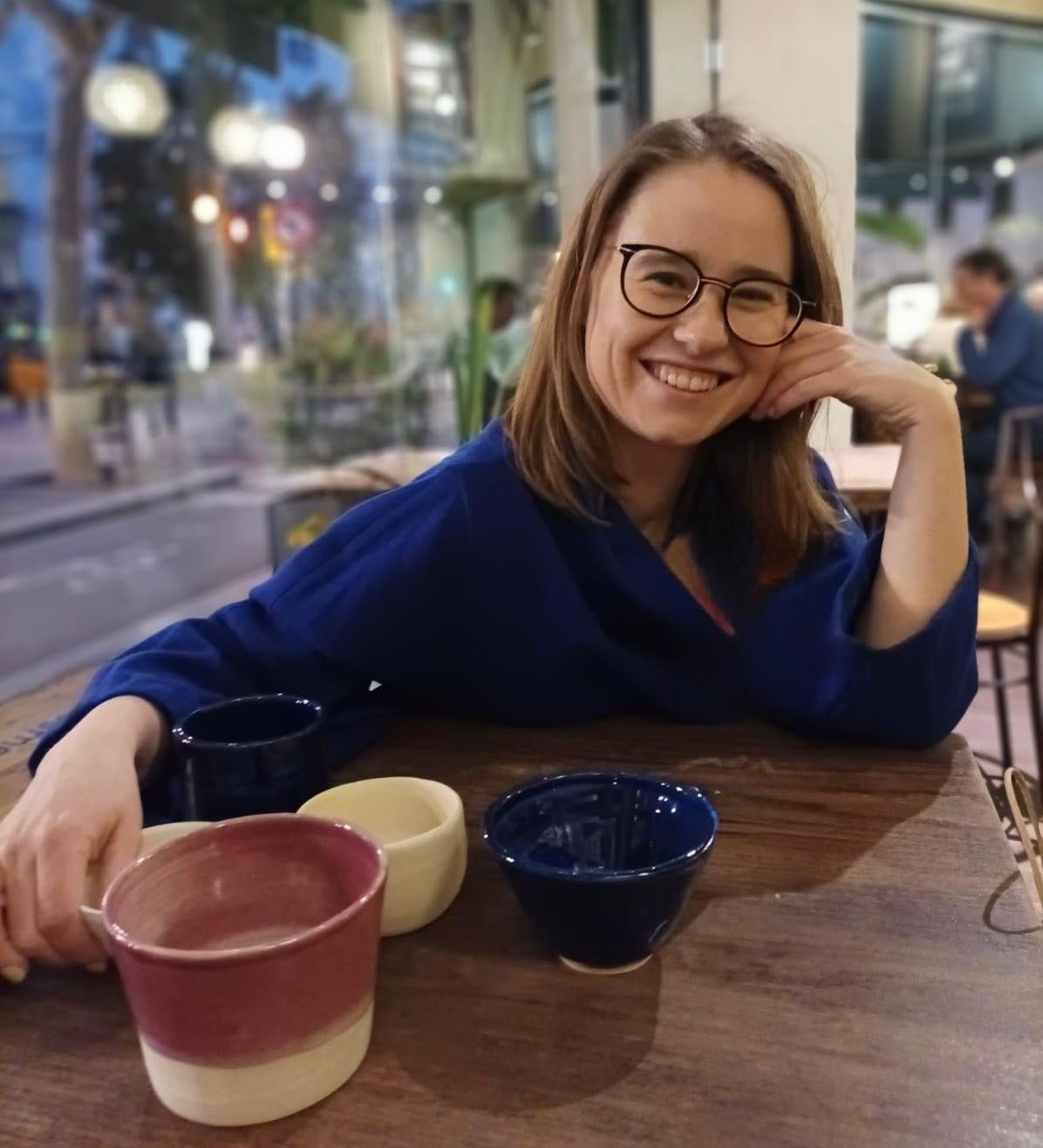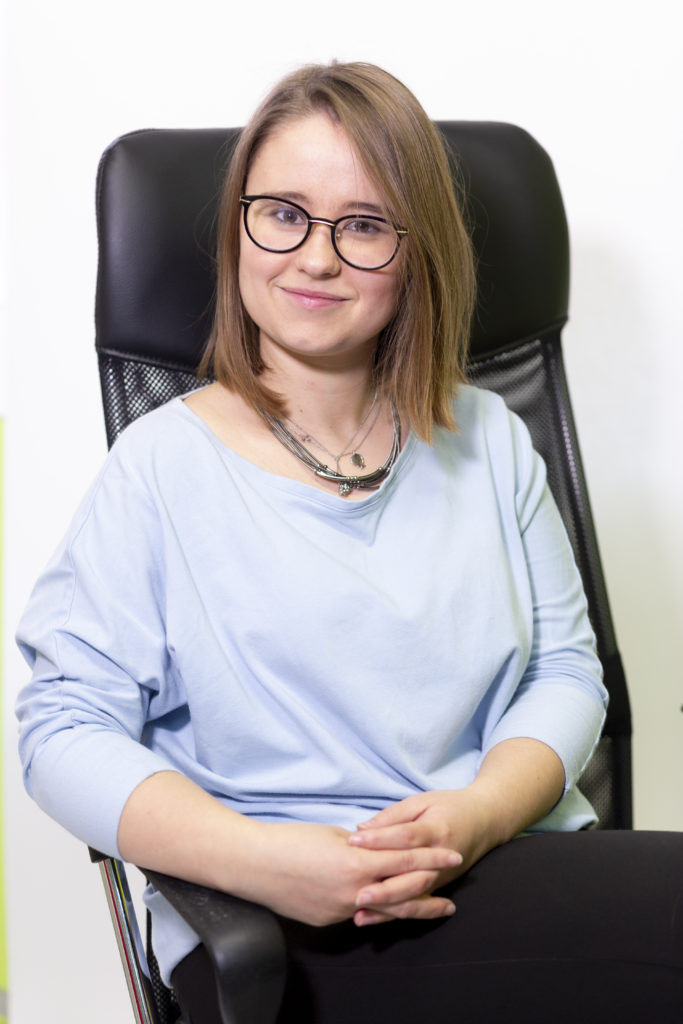
ABOUT ME
Education
Clinical Internship in Peru
Psychologist and Project Coordinator – “Stop Bullying,” Amnesty International
I coordinated the international “Stop Bullying” project aimed at preventing violence and harassment in schools.
The result of the project was the publication “How to Deal with Bullying and Discrimination at School?”, of which I am a co-author.
Relocation to Spain - Corporate Experience
Couples Psychologist & Mindfulness Instructor - Presentia Center, Granada
Integrative Therapy School - Erich Fromm Institute, Barcelona
● I completed a three-year, EAP-accredited Integrative Therapy course, including 120 hours of supervision.
● I regularly participate in supervision with experienced specialists.
Specialized EMDR Trauma Training
I focus on working with trauma survivors and relational difficulties. My training includes:
- EMDR Psychotherapist Certification – European EMDR Institute.
- Working with Sexual Violence Survivors – European EMDR Institute.
- EMDR Therapy for Complex Trauma with Dissociative Symptoms – European EMDR Institute.
- EMDR for Attachment and Relationship Dependency Issues – European EMDR Institute.
ADHD (Attention Deficit Hyperactivity Disorder) Assessment in Adults
Professional Memberships
- College of Psychologists, Spain (colegiado number: 34627)
- Polish Psychological Association
- EMDR Europe Association
- Spanish EMDR Association (Asociación Española de EMDR)
Relational-Systemic Psychotherapy Course – Hestia Center, Barcelona
I completed a two-year course and supervised patients in systemic therapy, enabling me to work with whole families and couples.
Clinical Practice – “Ku Zmianie” Psychotherapy Center for polish expats, Barcelona
My personal life

Personally, I am a mother, partner, daughter, and friend. I am committed to human rights and actively support related NGOs. My dominant trait is curiosity: I am interested in people, the world, and enjoy discovering new things and exploring what is already known.
I belong to two book clubs in Barcelona and enjoy spending time in nature, especially near water. I attend theater festivals and am a fan of contemporary theater, particularly the works of Krzysztof Warlikowski.
What I Specialize In

Why did I specialize in working with trauma using the EMDR method?
EMDR allows us to address a specific problem you bring – such as difficulties in relationships, depression, anxiety, or feelings of inadequacy – in a structured way. We don’t waste time circling around the issue; we go straight to the core.
In EMDR therapy, we connect thinking with feeling – both emotional and bodily – and this integration allows problems to be fully processed.
EMDR therapy invites you, as the client, to take responsibility for your own change – I accompany you and create the conditions for it, but with EMDR the transformation happens on a deeper emotional level, making it more lasting.
You can read more about the EMDR process [here].
